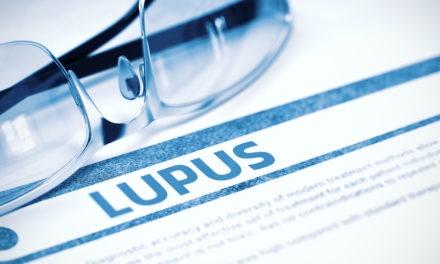Adolescents suffering from depression commonly have residual symptoms even after being treated with anti depressant medication. For them, selective serotonin reuptake inhibitors (SSRIs) are not completely effective. It has been observed that docosahexanoic acid (DHA, an omega-3 fatty acid) tends to be lower in patients with depression than in healthy controls.
A study, appearing in PharmaNutrition (2014 April 1; 2(2): 38-46) looked at whether or not omega-3 fatty acid supplementation could help patients with residual symptoms after being medicated to treat major depressive disorder (MDD). It was an open-label study, meaning that the researchers and the patients were aware of the treatment (as opposed to a double-blind study where researchers and subjects do not know who is getting treatment and who is getting a placebo).
DHA levels were lower in the patients with depression than they were in the healthy controls. The patients received either a high-dose (16.2 g/d) or a low-dose (2.4 g/d) omega-3 fatty acid supplement. Remission of symptoms occurred in 40% of the low-dose group and in 100% of the high dose group.
Since this was an open label study, the results are preliminary. The researchers point out that the omega-3 supplementation is very well tolerated. It does no harm and the findings are encouraging.






